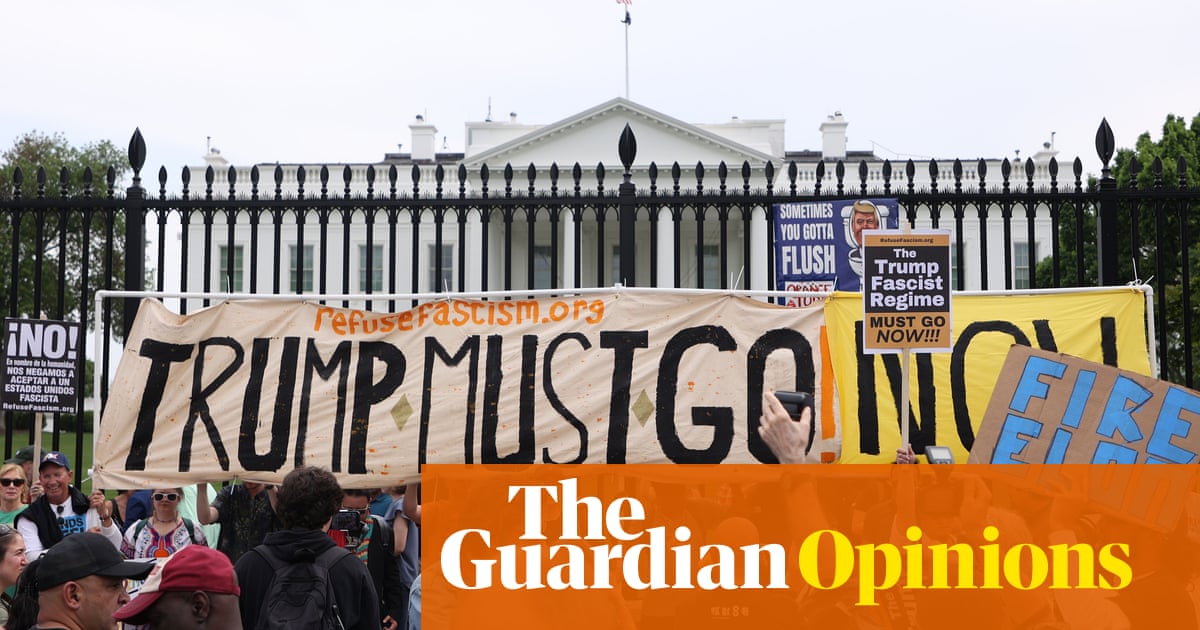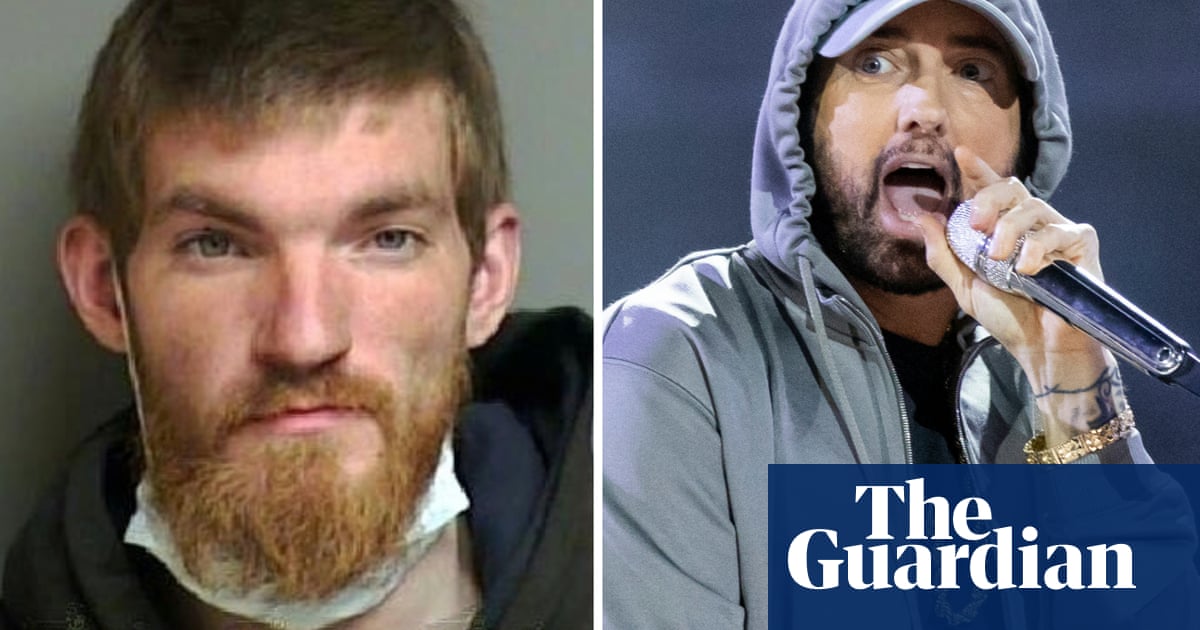Terrorism laws will be overhauled and technology companies be pressured to remove a “tidal wave” of online violent content that is inspiring acts of murder, ministers have said amid growing anger over the Southport stabbings.
After it emerged Axel Rudakubana had accessed violent content in his bedroom before he stabbed three girls to death in July, Keir Starmer said it could not be right that “with just a few clicks, people can watch video after horrific video, videos that in some cases are never taken down”.
“You can’t tell me that the material this individual viewed before committing these murders should be accessible or mainstream social media platforms,” said the prime minister as he promised legal changes to allow attackers to be charged under terrorism laws even if they lacked a coherent ideology.
Rudakubana was 17 when he killed Bebe King, six, Alice da Silva Aguiar, nine, and Elsie Dot Stancombe, seven. He had been referred to the anti-radicalisation Prevent programme three times before the killings.
He was only seen once face to face by Prevent officials despite being referred to the scheme three times, the Guardian has learned. All three times Prevent decided it should not take on his case.
The number of people seeing content online depicting or encouraging violence or injury has increased year on year, according to Ofcom, the communications regulator. Eleven percent of users aged 18 and above had seen such material, up from 9% a year earlier.
After Starmer warned of the need to “protect our children from the tidal wave of violence freely available online”, Peter Kyle, the technology secretary, sent a message to technology platforms hosting the worst violence, telling them in an interview with the Guardian they should not wait for the prime minister to speak “before you take down material which is being consumed by murderers, which murderers are finding inspiring”.
He said: “You would imagine that people who are responsible for platforming this kind of content would see the benefit and the necessity of taking it down themselves.”
The home secretary, Yvette Cooper, told parliament companies should take action before codes of practice on illegal content come into place in March under the Online Safety Act, followed by codes on child safety this summer. “Companies should not be profiting from hosting content that puts children’s lives at risk,” she said.
Neil Basu, a former senior police officer who headed counter-terrorism operations for the Met, warned violence could increase as a consequence of looser content moderation. Earlier this month Meta, which runs Facebook and Instagram, announced changes that its founder, Mark Zuckerberg, admitted would mean it would “catch less bad stuff”.
“Having easy access to a massive amount of material, as much violence as they want, with little control or moderation … the access to online violence will get worse,” said Basu. “Social media companies are not responsible enough.”
Kyle said: “It’s a frustration of mine that the tech companies who are producing these platforms and products and services, are spending billions on development, but they’re not spending enough time and resources on ensuring that their products are safe pre-deployment.”
He accused the Conservatives of delaying bringing in online safety laws that would potentially prevent much illegal violent material circulating online or violence that was unsafe for children. “The Tories looked the other way when some of this was unfolding,” he said. “Kemi Badenoch, during the leadership election, called parts of the Online Safety Act ‘legislating for hurt feelings’.”
This week, after the Southport killer pleading guilty, Starmer announced a public inquiry and he pledged to immediately find ways to change the law so lone killers with “extreme individualised violence” were charged with terrorism.
Starmer likened such cases to mass murders by lone shooters in the US who were not tied to a particular ideology. “I think most people would say, looking at the facts of this case, it’s clearly extreme violence, it’s clearly intended to terrorise and I completely accept and understand that,” he said.
after newsletter promotion
Starmer cited the threat from “acts of extreme violence perpetrated by loners, misfits, young men in their bedroom, accessing all manner of material online, desperate for notoriety, sometimes inspired by traditional terrorist groups, but fixated on that extreme violence, seemingly for its own sake”.
Jonathan Hall KC, the senior lawyer and independent reviewer of terrorism laws, will look into the way the laws work and if the definition needs to be expanded. There will also be a review of the Prevent anti-radicalisation programme, led by the senior lawyer David Anderson.
Some MPs are concerned expanding the definition of terrorism could risk civil liberties. The Conservative former minister David Davis said the government should be wary about the idea: “Security concerns are always the excuse for erosion of civil liberties, and they almost never work so the state keeps extending them. We end up penalising the innocent in a futile attempt to catch and pre-empt the guilty.”
Cooper said reviews would examine how Rudakubana was referred three times to Prevent but that the case was not taken any further. She told MPs the referrals had taken place three to four years before the Southport attack, including evidence he was expressing interest in school shootings and terror attacks. On each occasion, she said, his case was assessed by counter-terror police but not then sent for specialist support.
An initial review, she said, had concluded “that too much weight was placed on the absence of ideology”.
Several MPs tackled Cooper on when she and Starmer were told that the attacker possessed the toxin ricin and an al-Qaida training manual, and whether this could have been disclosed to the public sooner, potentially limiting speculation that helped prompt riots across England after the murders.
Cooper said it was “really sad” some Conservatives were asking about this given contempt of court rules that mean speaking publicly about the details pertaining to a trial can risk its collapse, saying they should focus on how the attack was allowed to happen.
Patrick Hurley, the Labour MP for Southport, condemned people who he said were spreading “downlight lies” about the attack, saying this was done “in the interests of gaining political gain for themselves, with the interests of justice a distant second”.
In his press conference, Starmer also vigorously defended the flow of information, saying: “If this trial had collapsed because I or anyone else had revealed crucial details while the police were investigating … then the vile individual who committed these crimes would have walked away a free man. The prospect of justice, destroyed for the victims and their families.”

.png) 3 months ago
42
3 months ago
42













































